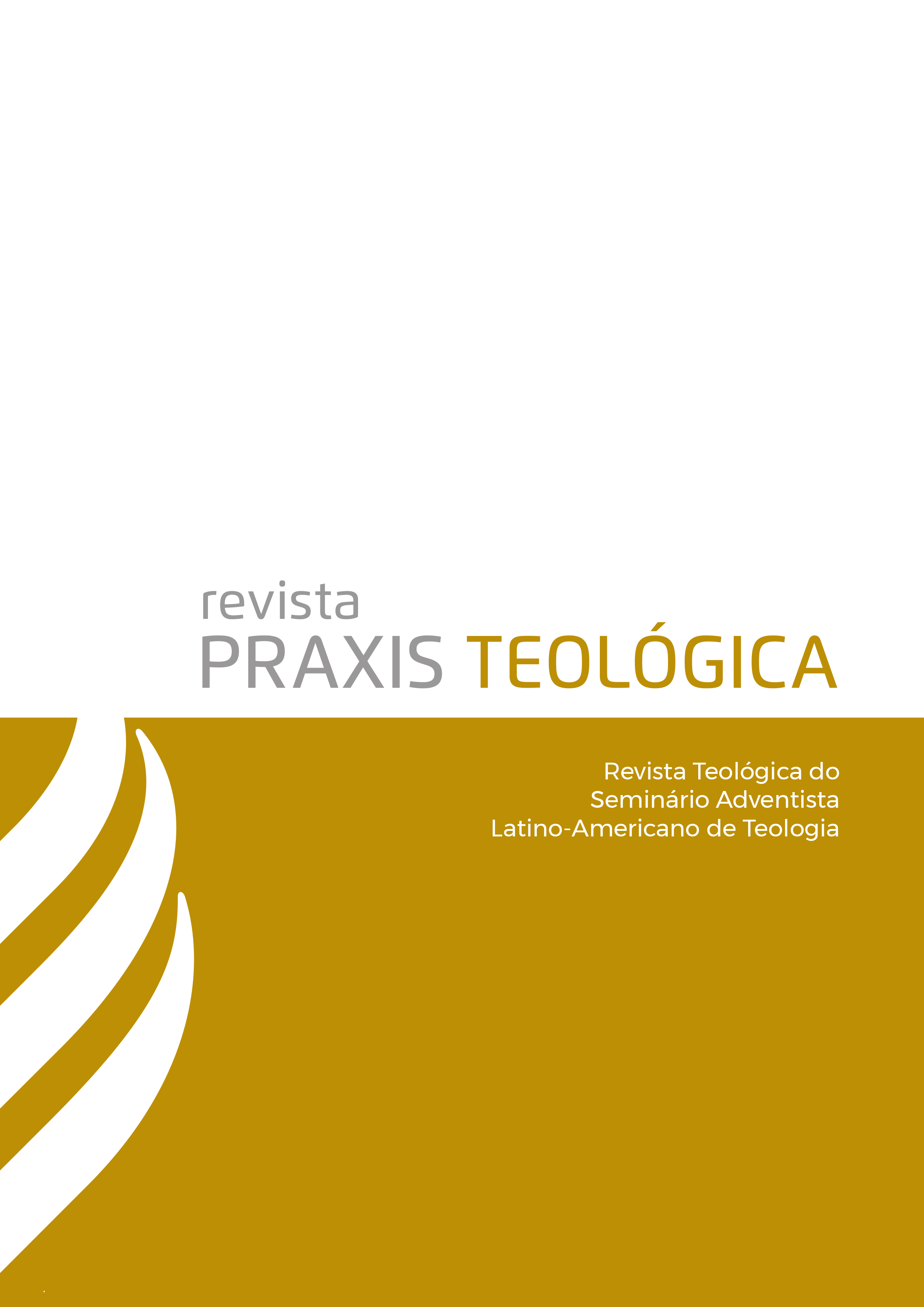Resumo
A relação entre meu sistema de crenças e a teorização psicológica que defendo poderá ter impacto em minha prática como psicóloga e educadora. Neste sentido, considerar e refletir sobre tais questões, podem gerar um aclaramento desejável a uma melhor abordagem profissional e identitária. Dessa maneira, o presente trabalho objetivou relatar a experiência da autora no exercício cognitivo de integração de suas orientações religiosa, clínica e teórica. Trata-se de relato de experiência, que busca considerar pressupostos de três contextos (acadêmico, profissional, religioso) presentes no cotidiano da vida, bem como refletir em suas possíveis implicações para o “self” individual e coletivo. Entre as principais considerações pode-se destacar que, embora não possa concordar inteiramente com algumas crenças religiosas defendidas por certas pessoas, aprendi que devo respeitá-las e ao mesmo tempo reconhecer que a prática de sua fé lhes trará benefícios. Da mesma forma, este estudo me fez refletir sobre a importância do papel mediador dos pais, educadores e outros relacionados ao meio em que a criança vive. O peso da influência positiva pode ser decisivo para complementar uma herança genética positiva ou mesmo reverter os danos da genética desfavorável.
Referências
BECK, T. A. Thinking and depression. Archives of General Psychiatry, n. 9, p. 324-333, 1963.
BECK, T. A. Thinking and depression, II: theory and therapy. Archives of General Psychiatry, n. 10, p. 561-571, 1964.
BECK, T. A.; FREEMAN, A.; DAVIS, D. D. Terapia cognitiva dos transtornos de personalidade. 2. ed. Porto Alegre: Artmed, 2005.
BECK, T. A. et al. Cognitive Therapy of Depression. New York, NY: Gilford, 1979.
BOWLBY, J. The role of childhood experience in cognitive disturbance. In: MAHONEY, M.; FREEMAN, A. Cognition and Psychotherapy. New York, NY: Plenum Press, 1985. p. 181-200.
BOYATZIS, R. E.; MCKEE, A.. Resonant Leadership: Renewing Yourself and Connecting with Others through Mindfulness, Hope, and Compassion. Boston: Harvard Business School Press, 2005.
BUTLER, A. C.; BECK, J. S. Cognitive Therapy Outcomes: A Review of Meta-Analyses. Journal of the Norwegian Psychological Association, v. 37, n. 1, p. 1-9, 2000.
CLARK, D. A.; BECK, A. T.; ALFORD, H. A. Scientific Foundation of Cognitive Theory and Therapy of Depression. New York, NY: Wiley, 1999.
DOPSON, K. S. A Meta-Analysis of the Efficacy of Cognitive Therapy for Depression. Journal of Consulting and Clinical Psychology, n. 57, n. 3, p. 414-419, 1989.
GEORGE, D.; MALLERY, P. (2010) SPSS for Windows Step by Step: A Simple Guide and Reference 17.0 Update. 10th Edition, Pearson, Boston, 2010.
GEYER, A. L.; BAU,EISTER, R. F. Religion, Morality, and Self-Control: Values, Virtues, and Vices. In R. F. Paloutzian & C. L. Park (Eds.), Handbook of the psychology of religion and spirituality (pp. 412–432). The Guilford Press, 2005.
KOZULIN, A. Psychological tools and mediated learning. In: KOZULIN, A. et al. (Eds.). Vygotsky`s educational theory in cultural context. Cambridge, UK: Cambridge University Press, 2003.
LEAHY, R. L. Técnicas de terapia cognitiva: manual do terapeuta. Porto Alegre: Artmed, 2006.
MIRANDA, J. Dysfunctional thinking is activated by stressful life events. Cognitive Therapy and Research, v. 16, n. 4, 473-483, 1992.
MOLON, S. I. A questão da subjetividade e da constituição do sujeito nas reflexões de Vygotsky. 1995. 187 f. Dissertação (Mestrado em Psicologia) – Pontifícia Universidade Católica de São Paulo, São Paulo, 1995.
OLIVEIRA, M. K. Vygotsky: aprendizado e desenvolvimento um processo socio-histórico. São Paulo: Scipione, 1993.
REGO, T.C. Vygotsky: Uma perspectiva histórico-cultural da educação. Petrópolis: Vozes, 1998.
VYGOSTSKY, L. S. El desarrollo de los procesos psicológicos superiores. Barcelona: Crítica, 1979.
VYGOSTSKY, L. S. Problemas teóricos y metodológicos de la psicología. Madrid: Visor Distribuiciones, 1991. v. 1.
VYGOSTSKY, L. S. A formação social da mente: o desenvolvimento dos processos psicológicos superiores. São Paulo: Martins Fontes, 1994.
VYGOSTSKY, L. S. Psicologia pedagógica. São Paulo: Martins Fontes, 2004.
WRIGHT, J. H.; BASCO, M. R.; THASE, M. E. Aprendendo a Terapia Cognitivo-Comportamental. Porto Alegre: Artmed, 2008.
YOUNG, E. J.; KLOSKO, S. J.; WEISHAAR, E. M. Schema Therapy: A Practitioner`s Guide. New York, NY: The Guilford Press, 2003.

Este trabalho está licenciado sob uma licença Creative Commons Attribution 4.0 International License.
Copyright (c) 2023 Érica Cristina Braga Chaves

